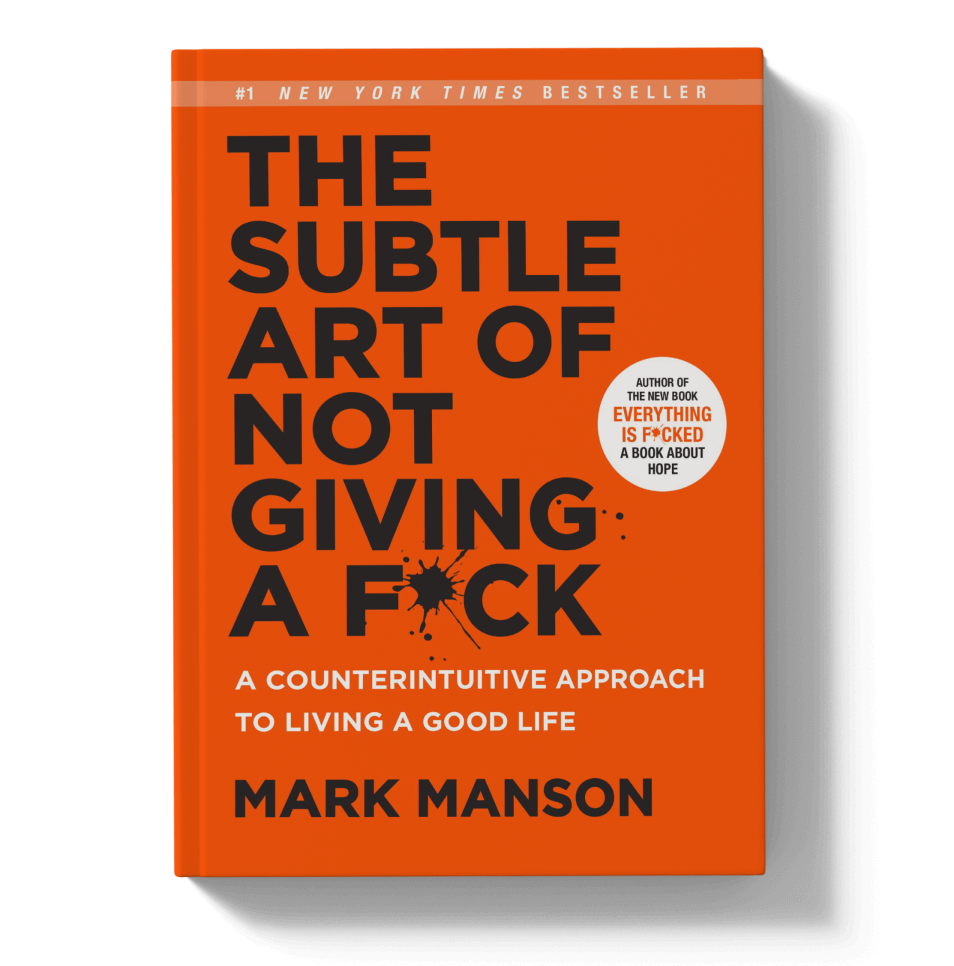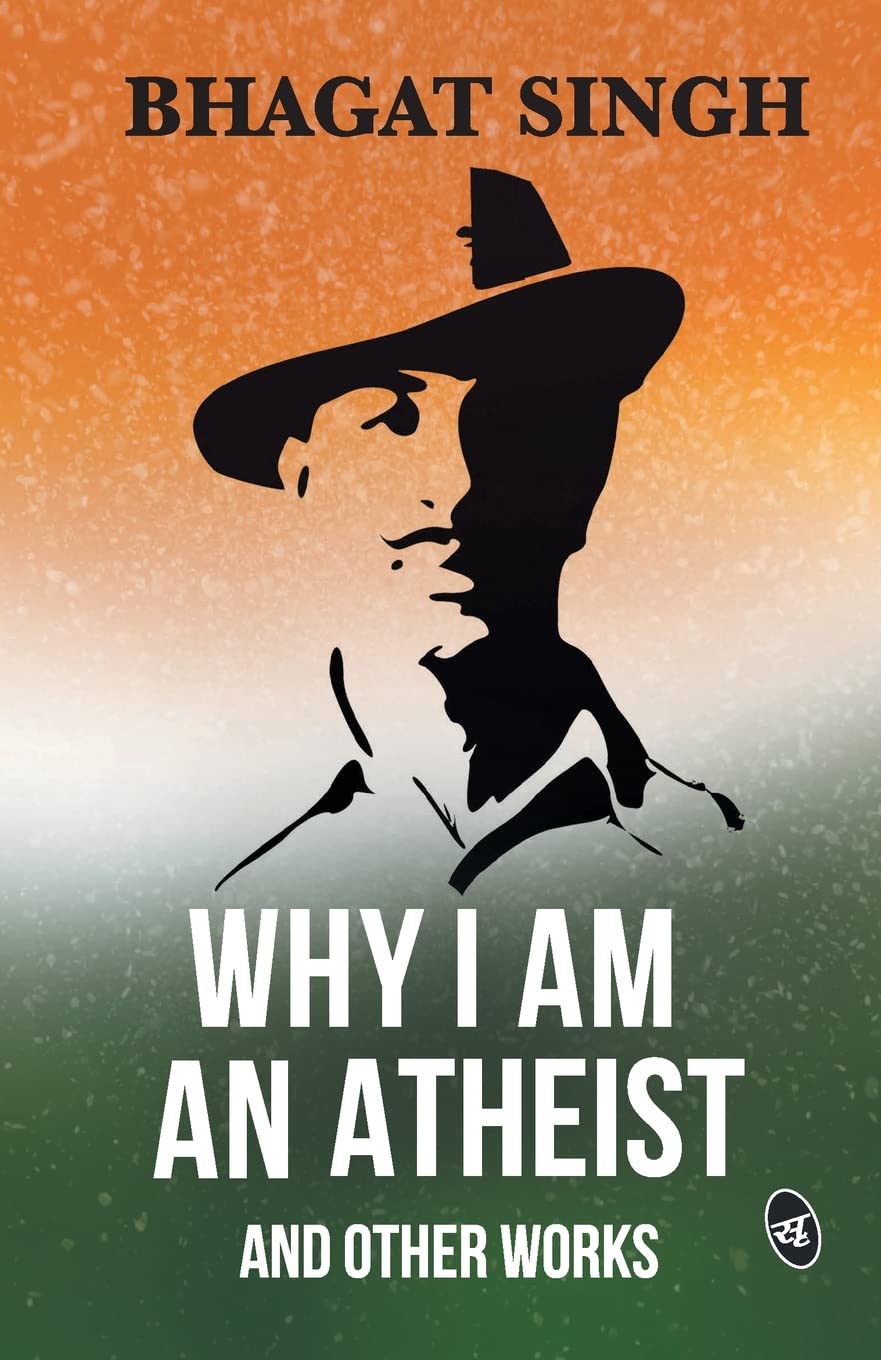Author: Bhagat Singh
Genre: Political Philosophy / Autobiographical Essay
Published: 1930
Word Count: ~500-600 words
Ideal for: Readers interested in revolutionary thought, Indian freedom struggle, and philosophical debates on religion
Introduction
“Why I Am an Atheist” is not just an essay—it’s a bold declaration by one of India’s most celebrated revolutionaries, Shaheed Bhagat Singh, written while he was in jail awaiting trial under the British Raj. At just 23 years old, Bhagat Singh wrote this powerful piece to respond to critics who claimed that he had turned atheist due to arrogance and ego.
This essay stands out not only because of its historical significance but also due to its sharp logic, fearless expression, and deep philosophical insights. It reflects a young man’s unwavering commitment to truth, reason, and justice, even when staring death in the face.
Summary and Core Themes
Bhagat Singh begins by clarifying that his atheism is not born out of vanity but through reasoned reflection. He challenges the idea that one needs faith in God to be morally upright or courageous. Instead, he argues that religion often creates fear, blind belief, and passivity—things that directly oppose the spirit of revolution.
He critiques religious dogma and questions why a just and powerful God would allow so much suffering and injustice in the world. According to him, relying on divine help weakens the resolve to fight oppression. Instead, he believes in human effort, struggle, and sacrifice as the true path to freedom.
He also acknowledges the emotional difficulty of rejecting God, especially when facing death. Yet, he asserts that truth must prevail over emotional comfort.
Why This Book Still Matters Today
In today’s world, where blind faith and superstition still dominate large parts of society, Why I Am an Atheist remains shockingly relevant. Bhagat Singh encourages young minds to question, to reason, and to challenge inherited beliefs.
His thoughts reflect a modern, scientific temper—something that India as a nation still strives to fully embrace. For anyone passionate about intellectual freedom, secularism, or simply the power of critical thinking, this book is a must-read.
Bhagat Singh – The Thinker
Most people remember Bhagat Singh as a fiery patriot who embraced the noose with a smile. But this essay shows a deeper side of him—a philosopher, thinker, and rationalist. He wasn’t just fighting the British; he was fighting every form of oppression, whether political, social, or religious.
His bravery wasn’t just physical—it was also intellectual. It takes courage to defy not just an empire, but also centuries-old beliefs ingrained in society.






